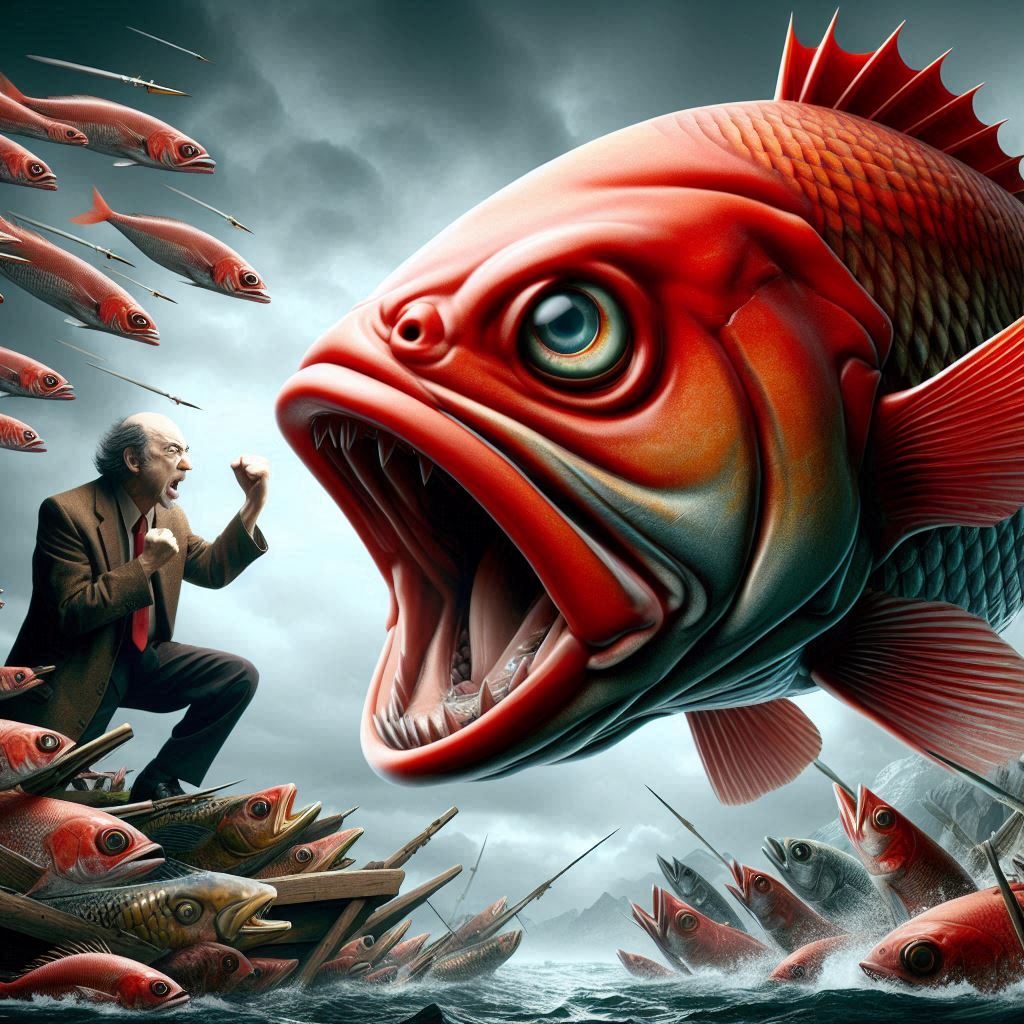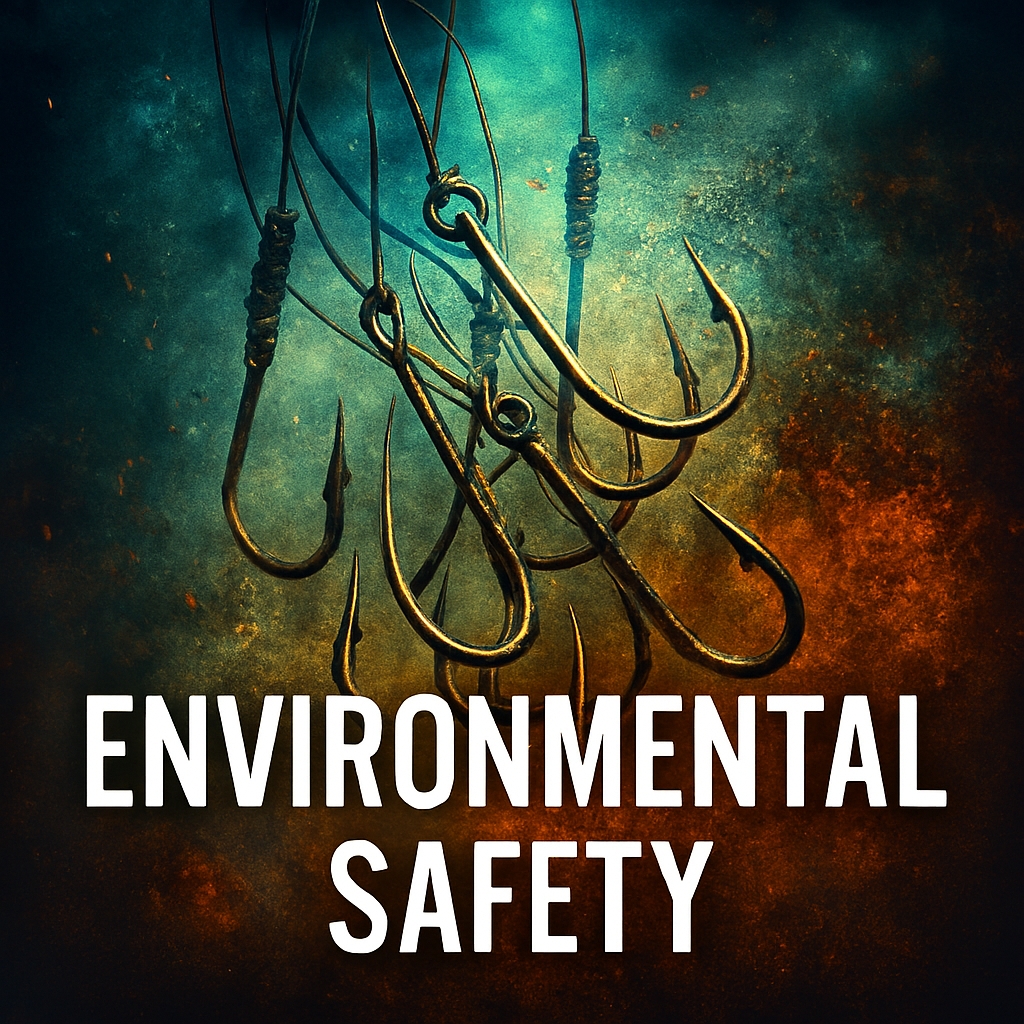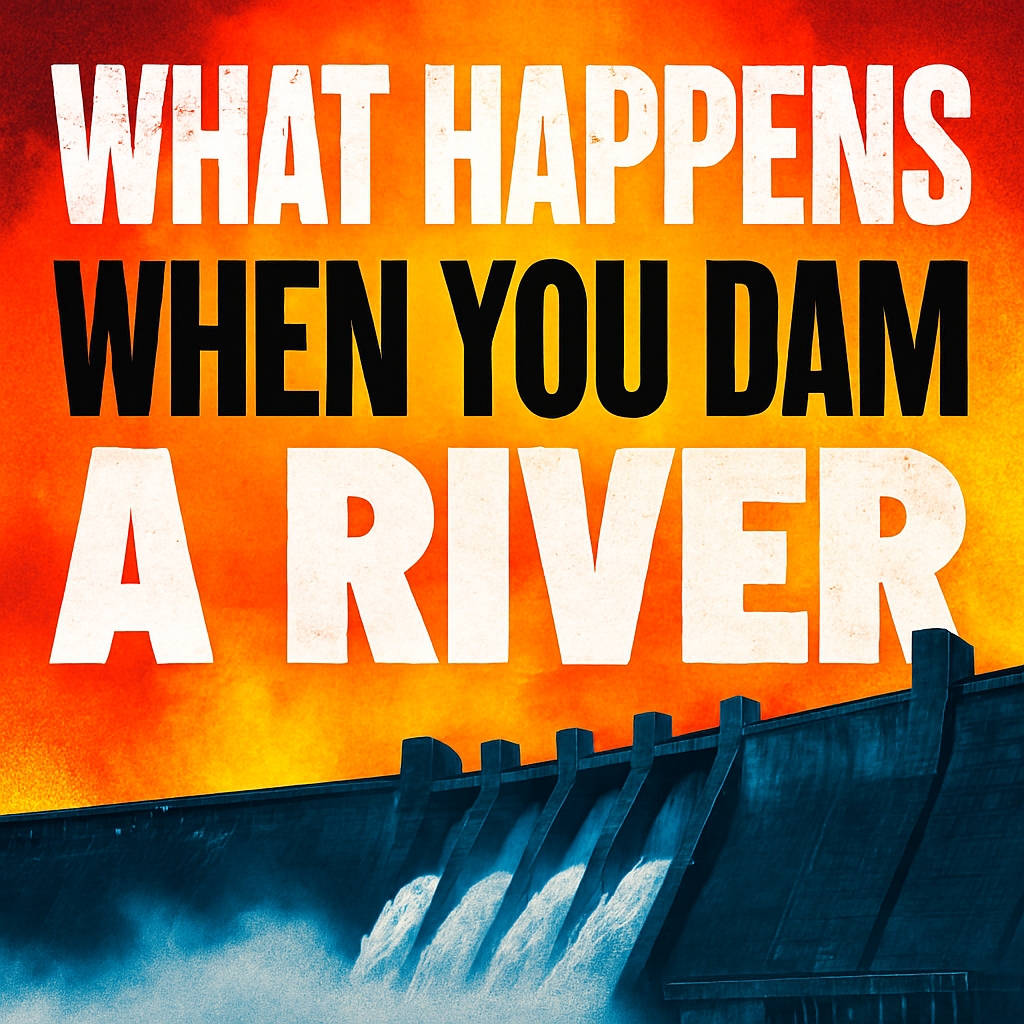Do We Still Need Shark Lines to Protect Beaches?
Shark lines, or shark nets, have been a common method of protecting beachgoers from potential shark attacks. However, these methods have been criticized for their impact on marine life and their effectiveness has been questioned. So, are there better alternatives? Let’s explore.
The Problem with Shark Lines
Shark lines are large mesh nets that span about 150 meters long and hang about 6 meters down into the ocean. They are designed to catch sharks which later die after they struggle and drown, but they also inadvertently trap other marine life, leading to concerns about their impact on the ecosystem and also the inhumanity of how these animals die. Another issue is they are sometimes ineffective as Sharks can swim around the nets, and are often caught only when they swim past the nets a second time which means that they are not protecting you as the shark gets tangled when returning back out to sea. If sharks caught in nets are small, they are released if they survive or are alive but if sharks are larger and still alive, they are euthanased if they have not already struggled to death. This has led to a significant decline in shark numbers in certain areas, both for species targeted by nets and for non-target species also caught in nets.
Alternatives to Shark Lines
Drones and Artificial Intelligence
One promising alternative is the use of drones equipped with artificial intelligence (AI) for shark detection. These drones can patrol for longer periods and over longer stretches of coastline without an operator. They can automatically detect the size and species of a shark, and alert lifesavers to sharks near swimmers.
Sonar Technology
Sonar technology is another alternative being explored. Devices like CleverBuoys send out sonar signals to detect sharks. The sonar detects objects underwater, and the data is transferred to a computer on land where it can be analyzed.
Human Spotters
Human spotters have been used effectively in places like South Africa. Trained individuals located at elevated points use binoculars and radios to report any shark sightings to a coordinator who manages alerts.
Electromagnetic Fields
Electromagnetic fields can create an invisible offshore barrier that deters sharks. Electrodes connected to a weighted cable rise vertically towards the surface, displaying energy to create electromagnetic fields.
Environmental Walls
Building environmental walls is a new concept being explored. These walls are designed to be naturally better for the environment and also keep sharks away. The specifics of how these walls work and their effectiveness are still being researched.
The team at EcoReefProject have designed an environmental wall that works effectively.
Personal Responsibility
Finally, personal responsibility plays a crucial role in beach safety. Following advice such as not swimming too far from shore, swimming in groups, avoiding murky water, and not interfering with shark nets can help ensure safety.
Conclusion
While shark lines have been a traditional method of protecting beachgoers, they are not without their drawbacks. Fortunately, advancements in technology and alternative methods offer promising solutions for shark detection and beach safety. As we continue to explore these alternatives, we can hope for a future where both humans and marine life can coexist peacefully in our oceans.
#SharkLines #BeachSafety #MarineLife #SharkDetection #AIinBeachSafety #SonarTechnology #HumanSpotters #ElectromagneticFields #EnvironmentalWalls #CoexistWithSharks

















Anonymous
The environment and sharks – keep people out of the water!